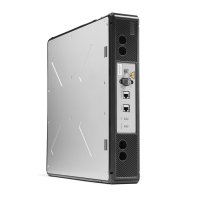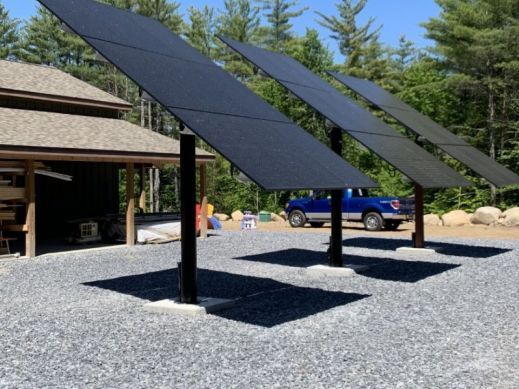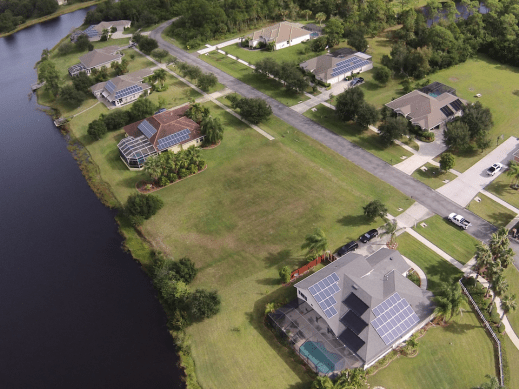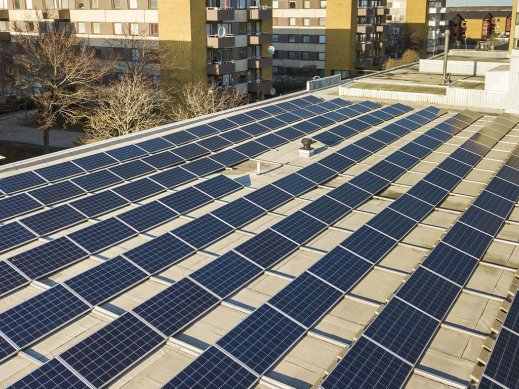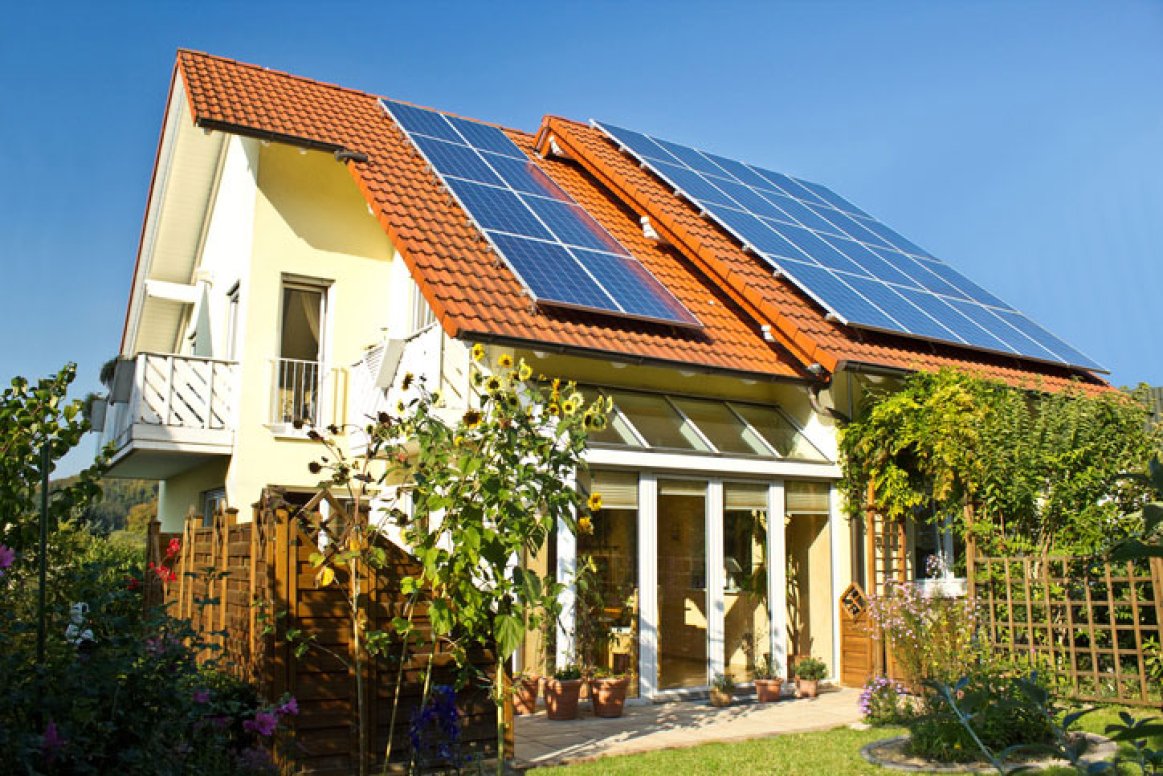
In the second article of our Solar Storage Series, we will look to highlight the many ways that contractors can determine if solar + storage is the right choice for their customers. Most people who have, or are considering a solar system for their property have thought about energy storage as well. When you start to consider solar battery solutions, instead of asking “which battery is best for my customer?”, the question you should be asking is “is energy storage the right choice for my customer?”.
In short, there are three key steps to assessing a customer’s fitness for a residential solar + storage system on their residential property:
- Understand the customer’s motivations for seeking out a solar + storage system.
- Consider the property’s layout, electric demand, and surrounding environmental factors.
- Identify the solar battery technology solution to meet these needs.
There are many variables that must be taken into account when adding a solar battery to a residential PV system. These include, but are not limited to, home electric needs, electric utility rates, battery manufacturers & sizes, local weather, physical space within the home, size of the solar array on the home, and more! In a perfect world every home would have solar + storage, but the reality is that not everyone is a perfect fit for a solar energy storage system. This is why it’s critical for contractors to determine the answers to these questions in order for everyone involved to get the most out of their solar system.
Understanding the motivation
If your customers are seriously considering a solar energy system with storage capabilities, you should start by asking why they want to add a battery for solar energy storage. Unless your customers live in an area where the utility rates change throughout the day (often referred to as TOU or Time Of Use billing), or they are charged demand fees, there is little to no financial incentive to add a residential battery system. Typically, the biggest benefit of adding a solar storage system is for peace of mind in a power outage and freedom from the need for Utility service. Of course if a customer is looking for an off-grid residence, the answer to this question is an easy one and peace of mind would be key.
Considering the property
If security and peace of mind is what your customers are looking for, you need to decide what appliances and home electronics are most important to them. In addition, considering how often and for how long the property may be out of power is also very important. While many people experience one or two power outages a year, for a matter of hours each time, others in more rural areas could have more common issues and would be an ideal fit for home energy storage. In addition, many homes have appliances that they cannot live without, such as a well water pump, home office appliances, or critical medical equipment, which would also make them perfect candidates for solar plus storage. While it is important to know the best reasons and situations for adding storage to an solar energy system, many people simply want the added comfort of knowing that even if power were to go out for a matter of hours, their homelife would not suffer at all.
By determining the electric needs of the home, you are identifying the critical loads that your customer’s solar + storage system needs to support. With this information, you can properly size the battery bank for the property.
Identify the right-fit solution
Now that you have decided if you or your customers are a good fit for solar plus home battery storage, the electric needs of the property, and right size for the battery system, the next step is deciding which storage option is best to meet their needs.
Start by checking out our support article resources outlining the different battery technologies available on the market today. Contact your local Greentech Renewables rep for support or to start a free energy storage proposal for your next project.
